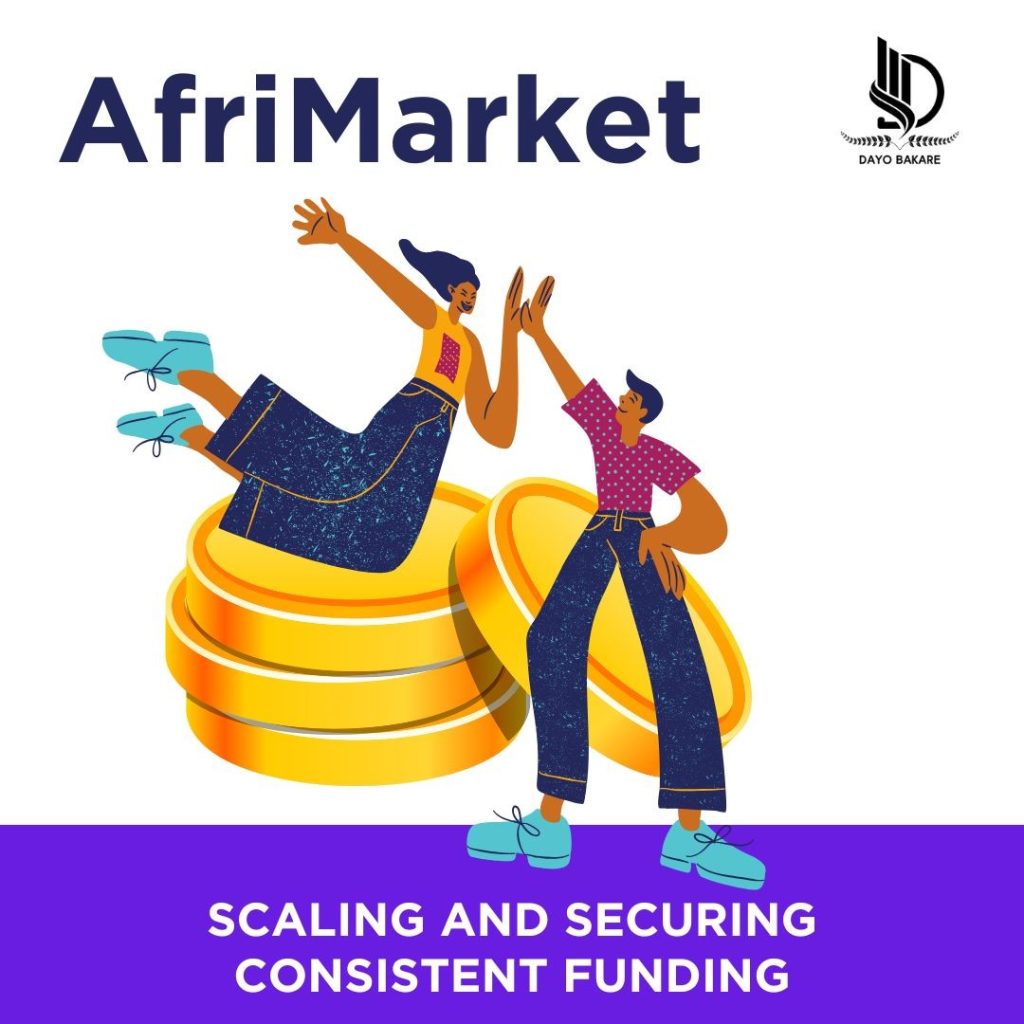Africa’s entrepreneurial ecosystem is teeming with potential, and platforms like AfriMarket are at the forefront of this transformation. AfriMarket, a Pan-African venture, exemplifies the innovative spirit driving commerce across the continent, yet it faces two major hurdles: scaling operations and securing consistent funding. These challenges are deeply rooted in Africa’s unique economic, regulatory, and infrastructural landscape.
The Scaling Challenge
Scaling a Pan-African business like AfriMarket involves expanding across countries with significant heterogeneity. While Africa’s vast and youthful population offers a promising market, the continent’s diversity poses several barriers.
- Regulatory Hurdles: Africa comprises 54 countries, each with distinct regulatory frameworks, trade policies, and tax structures. AfriMarket must adapt to varying requirements such as customs duties, consumer protection laws, and licensing standards, which can delay entry into new markets and increase operational costs.
- Infrastructure Deficiencies: Reliable infrastructure is essential for scaling any business, yet many African nations face challenges such as inadequate road networks, unreliable electricity, and inconsistent internet connectivity. These issues complicate supply chain management, hinder efficient delivery, and affect the overall customer experience.
- Cultural and Language Diversity: Africa’s multilingual and multicultural environment necessitates tailored marketing strategies and localized customer engagement. For AfriMarket, this means investing in region-specific campaigns and adapting services to suit local preferences, increasing operational complexity.
- Payment System Fragmentation: Despite the rise of mobile money and fintech solutions, Africa’s payment ecosystem remains fragmented. AfriMarket must integrate with multiple payment platforms to cater to diverse customer preferences, which can be both costly and technologically demanding.
The Funding Challenge
Securing consistent funding is a common struggle for African ventures, and AfriMarket is no exception. Investors are often cautious due to perceived risks and the uneven financial infrastructure in many African nations.
- Limited Access to Venture Capital: African startups receive less than 1% of global venture capital funding, with most investments concentrated in a few countries such as Nigeria, Kenya, and South Africa. Pan-African businesses like AfriMarket must compete fiercely for these limited resources.
- High Perceived Risk: Political instability, currency fluctuations, and economic volatility in some African markets deter international investors. Many financiers are hesitant to invest in multi-country operations due to the added risks of navigating diverse regulatory and economic environments.
- Lack of Long-Term Financing: Traditional lenders and local financial institutions often provide short-term credit at high interest rates. AfriMarket requires long-term funding to build infrastructure, expand its team, and develop scalable technology solutions.
- Investor Reluctance to Scale Across Borders: While some investors are willing to back country-specific ventures, fewer are inclined to fund businesses operating across borders due to the complexities and costs involved in managing multi-country operations.
Strategies for Overcoming These Challenges
To address these hurdles, AfriMarket must adopt a multi-faceted approach:
- Regulatory Collaboration: Partnering with regional organizations like the African Continental Free Trade Area (AfCFTA) can help AfriMarket streamline cross-border trade and navigate regulatory landscapes more effectively.
- Infrastructure Partnerships: Collaborating with logistics companies, fintech providers, and local governments can mitigate infrastructure challenges. For example, leveraging mobile money platforms can enhance payment efficiency and customer reach.
- Localization: Employing local talent and establishing regional hubs can help AfriMarket better understand and serve diverse markets while reducing operational friction.
- Innovative Funding Approaches: AfriMarket can explore alternative funding sources such as impact investors, crowdfunding, and diaspora financing. Highlighting its potential for social and economic impact may attract investors focused on sustainable development.
- Building Investor Confidence: Transparency in operations, robust risk management strategies, and showcasing successful case studies can help AfriMarket build trust with potential investors.
Conclusion
Scaling and securing consistent funding are formidable challenges for Pan-African ventures like AfriMarket. However, these obstacles are not insurmountable. By leveraging strategic partnerships, adopting innovative funding models, and tailoring operations to Africa’s unique environment, AfriMarket can unlock its potential and contribute significantly to the continent’s economic growth. For AfriMarket, resilience, adaptability, and a deep understanding of Africa’s complexities are key to navigating these challenges and achieving sustainable success.

